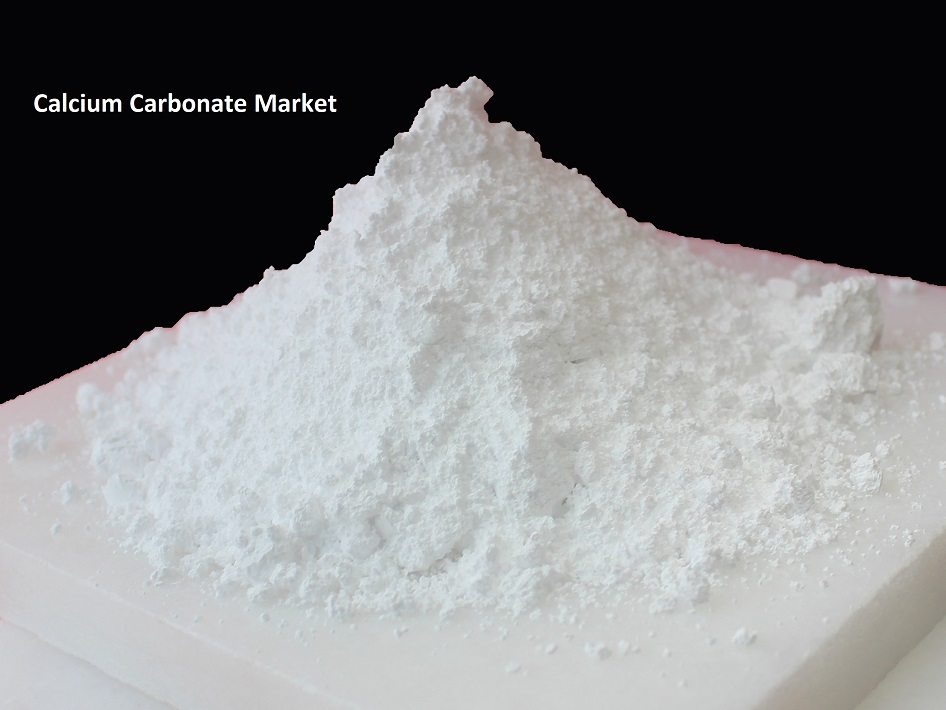
Calcium deficiency disease, referred to as hypocalcaemia, occurs when calcium levels in the blood are low. Calcium is basically, a vital mineral that body uses to build strong bones and teeth which is important for all age groups. It also helps heart and other muscles to function properly. In case of ceased levels of calcium in the body will lead to disorders like calcium deficiency disease, osteoporosis and osteopenia.
Causes of calcium deficiency disease
Some of the factors that cause the deficiency include
- High consumption of beverages like alcohol and coffee
- Disorders related to hormones and calcium absorption
- Diseases like pancreatitis, thyroid disease and kidney disease
- Increase demand for calcium requirement by the body due to phases like puberty, breastfeeding, and pregnancy
- Some medication such as cortisone
- Athletes who happen to sweat more
- Massive blood transfusions
- Elevated phosphorus level
- Dietary intolerance-lactose intolerant or people allergic to dairy products
- Some genetic complications like, Vitamin D resistance syndrome or inherited disorders of calcium and phosphate homeostasis
- Age factor related such as infants and children are known to absorb as much as 60% of the calcium-rich food they consume. With the increase in age, the absorption level gradually decreases to about 15-20%
- Hormonal changes like decline in estrogen levels especially during menopause
Symptoms of calcium deficiency disease
One of the earliest signs of calcium deficiency is muscle problem where people feel pain in the arms and thighs, especially the underarms. This pain is accompanied by numbness or tingling sensation in the hands, feet, legs or mouth area. Other prime symptom is tooth decay which is due to weak roots, irritated gums and brittle teeth. Some of the common signs of the calcium deficiency are brittle fingernails, numbness in hands, disturbance in bone metabolism, low blood pressure, weight loss, Intestinal cramping, dry and itchy skin. Extreme fatigue is also observed as low level of calcium can cause sleepless night and extreme levels of fatigue. Feeling of lack of energy, lethargy, light headedness, brain fog may lead to less of focus and cause confusion.
Few of mental health symptoms include depression, anxiety, irritability, hallucination and memory loss, due to improper brain mechanism. Some diseases are associated with the deficiency like digestive disorders, heart failure and cancer. In females signs like miscarriages, infertility and Painful premenstrual syndrome (PMS), account to calcium deficiency.
Diagnosis of calcium deficiency disease
Doctor will review about family history of calcium deficiency and osteoporosis. Then a simple blood test can be conducted to determine the levels of calcium. There are two types of tests, one measures ionized calcium, which may be expensive and readings cannot be too accurate. The other type measures total calcium, which is commonly used by everyone.
Treatment for calcium deficiency disease
Treating the deficiency is easy as just adding more calcium to the diet matters. Some commonly recommended calcium supplements include calcium carbonate and calcium phosphate, which may be available in liquid, tablet and chewable forms. One can shop for these supplements through any best medicine store online in India.
At times mere calcium supplements aren’t enough to treat the deficiency, doctor may suggest to regulate the calcium levels by regular calcium injections. In case of severe cases of calcium deficiency, the treatment is monitored at one to three month intervals.
Preventive measure for calcium deficiency disease

Some type of medications like antiseizure and certain antibiotics can cause calcium deficiency disease. While, proton pump inhibitors (PPIs) can reduce the absorption of calcium. So, avoid the above medications. One may take calcium citrate supplement like Citracal instead of PPIs and can buy medicine online in Delhi.
Add calcium rich food in your diet including dairy products like milk, cheese and yogurt. Some more food items are beans, figs, broccoli, tofu, soy milk, spinach, fortified cereals, nuts and seeds such as almonds and sesame seeds. Don’t over consume these items as too much calcium will increase the risk of cardiovascular disease, kidney stones and other serious health complications.
Ending note
Any nutrient or mineral deficiency in the body, is a matter of concern. Consult a doctor and seek proper advice on to balance the diet. Don’t self-diagnose any deficiency disease as most of them hold similar signs and symptoms.

 Log in with Facebook
Log in with Facebook 







